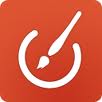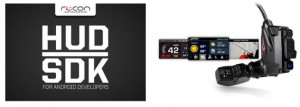Hooking onto Apple’s money making bandwagon seems the way to go and two rival giants are doing just that, using their deep pockets to buy up technologies and development teams that will enable them to have more Apple iOS and related development skills in house.
The moves should not be a surprise for many reasons. Facebook and Apple have been moving closer together in recent days. Apple’s latest version of its mobile operating system, iOS 6 has a great deal of integration with Facebook.
Google, while there are some signs of discord between it and Apple, particularly in the area of maps, has been a very aggressive company in the mergers and acquisition space for some time and this seems like a natural continuation of that activity.
First up is Google, which has acquired a company called Sparrow that makes email clients for both Apple iPhones as well as for its Macintosh desktop products, as some call a better way to use Google’s Gmail. So the fit seems a natural in many ways as the development team, which will be attached to the Gmail team, will seek to simplify the communications app. The Verge is reporting that the deal may have been worth $25 million.
Facebook’s deal, acquiring the development team at Acrylic Software, is actually more personnel focused. Acrylic is an app design studio that also designs for Apple’s iOS. This move is also following a trend by Facebook, it did not acquire the apps that the company has developed, notably a news reader and a secure wallet app, but rather it gained the company’s two employees, it a move that is called an acqui-hire.










